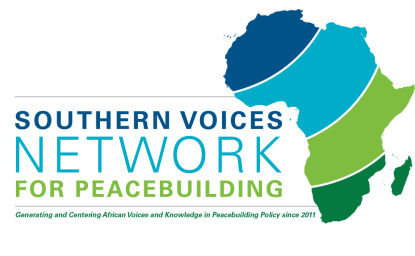The State of Peacebuilding in Africa: Lessons Learned for Policymakers and Practitioners


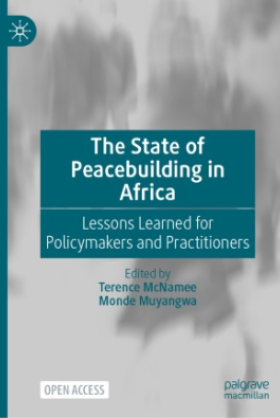
Peacebuilding has been near the top of the global agenda for a quarter of a century. Funding for peacebuilding activities has grown year after year, decision makers and practitioners can access a vast literature on peacebuilding policy and experiences, and the reasons why societies relapse into conflict are well known. Despite this, the challenge of how to rebuild societies following conflict has not become easier.
The State of Peacebuilding in Africa: Lessons Learned for Policymakers and Practitioners analyzes the last 30 years of peacebuilding in Africa and brings together the work of distinguished scholars, practitioners, and decision makers to analyze critically the evolution and current state of peacebuilding in Africa. The book features key lessons learned, best practices, and creative solutions that address varying dimensions of peacebuilding, including conflict prevention, mediation, management, and post-conflict reconstruction. In addition to six country and regional case studies on the Democratic Republic of the Congo, Rwanda, Sierra Leone, Sudan/South Sudan, Mozambique, and the Sahel/Mali complement the analysis. Each chapter concludes with a set of key recommendations to inform the building of a more sustainable peace in Africa.
The book is available via Open Access.
The State of Peacebuilding in Africa was born out of the activities of the Southern Voices Network for Peacebuilding (SVNP). The SVNP is a continent-wide network of African policy, research and academic organizations that works with the Wilson Center’s Africa Program to bring African knowledge and perspectives to U.S., African, and international policy on peacebuilding in Africa. Established in 2011 and supported by the generous financial support of the Carnegie Corporation of New York, the project provides avenues for African researchers and practitioners to engage with and exchange analyses and perspectives with U.S., African, and international policymakers in order to develop the most appropriate, cohesive, and inclusive policy frameworks and approaches to achieving sustainable peace in Africa.


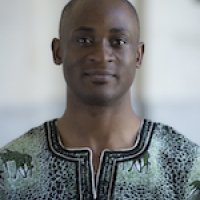

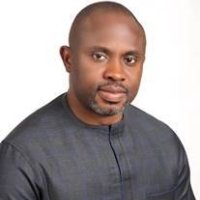
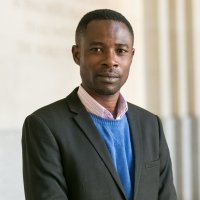
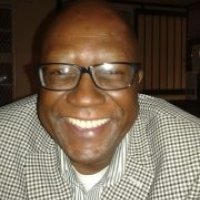








The Africa Program works to address the most critical issues facing Africa and US-Africa relations, build mutually beneficial US-Africa relations, and enhance knowledge and understanding about Africa in the United States. The Program achieves its mission through in-depth research and analyses, public discussion, working groups, and briefings that bring together policymakers, practitioners, and subject matter experts to analyze and offer practical options for tackling key challenges in Africa and in US-Africa relations. Read more

